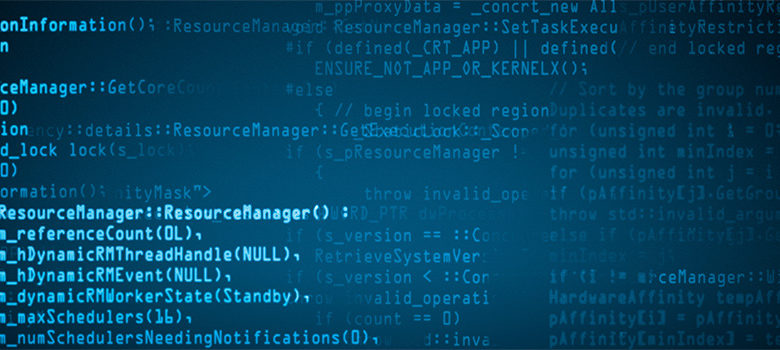
You are a computer engineer or a software engineer. Should you become a licensed professional engineer? If so, should you take the computer engineering PE exam or the software engineering PE exam?
Professional engineers are licensed to practice engineering in one or more states. Licensure is required if an engineer wishes to work as a consulting engineer or needs to sign or stamp engineering documents for public agencies or for a firm which offers engineering services to the public. For most engineers, becoming licensed is optional because they practice under the industrial exemption clause of their state’s licensing laws. It is up to companies to determine who does engineering work for them. Usually they choose well, but there are no minimum standards for people who do engineering work under the industrial exemption. A professional engineer certainly has met or exceeded the minimum standard for becoming licensed.
Even for engineers who practice engineering under the industrial exemption clause, there are good reasons to become licensed. These reasons apply to all engineers, including electrical, computer and software engineers.
There are some jobs which require licensing, and you are not qualified for those jobs unless you are licensed. If such an opportunity lies in your future, you will be prepared for it.
The professional engineering license certifies that you have:
- an appropriate engineering education background (ABET/EAC)
- at least four years of engineering experience in your field and under the supervision of qualified engineers
- passed two exams (the Fundamentals of Engineering [FE] exam, which is now a computer-based test available essentially year round, and the eight-hour PE exam)
- kept current by as a minimum meeting your states continuing education requirements.
Professional licensure also means that you adhere to the ethical standards of the profession
The achievement of licensure not only permits you to append PE to your signature, but also it gains you both personal satisfaction and professional respect from your colleagues.
If you work in the computer field, should you take the computer engineering exam or the software engineering exam?
If you have a degree in computer engineering and do not have a degree in software engineering, you should probably take the computer engineering exam. If you have a degree in software engineering and do not have a degree in computer engineering, you should probably take the software engineering exam. However, this rule of thumb is not always absolute because your experience and your continuing education might be strongly focused on one or the other.
If you fit any other pattern of education (e.g. you have a degree in both fields or neither), you might look at the content of the two exams to make a choice. The content of both exams, along with other study materials, can be found at www.NCEES.org. The computer engineering exam is 65 percent computer systems, computer architecture, and computer hardware, with 25 percent software and 10 percent computer networks. The software engineering is exam is 100 percent software engineering, with topics in software requirements, design, construction, testing, maintenance, configuration management, engineering processes, quality assurance, safety, security, and privacy.
The successful achievement of professional licensure makes a statement that you have met at least the minimum standards of engineering education, experience and skills required to become a licensed professional engineer. It also indicates your commitment to ethical practice with the health and safety of the public foremost in your considerations. As computers become embedded in more and more safety critical systems, the engineers who design computer systems, especially real-time computer systems, must make a strong commitment to protecting the health and safety of the public. Professional licensure is an important way to demonstrate your commitment to professional competence and ethical practice. It is an achievement which others will respect and that you will consider a key part of your professional credentials.
Aaron Collins, Ph.D., P.E., is a member of IEEE-USA’s Licensure & Registration Committee.






